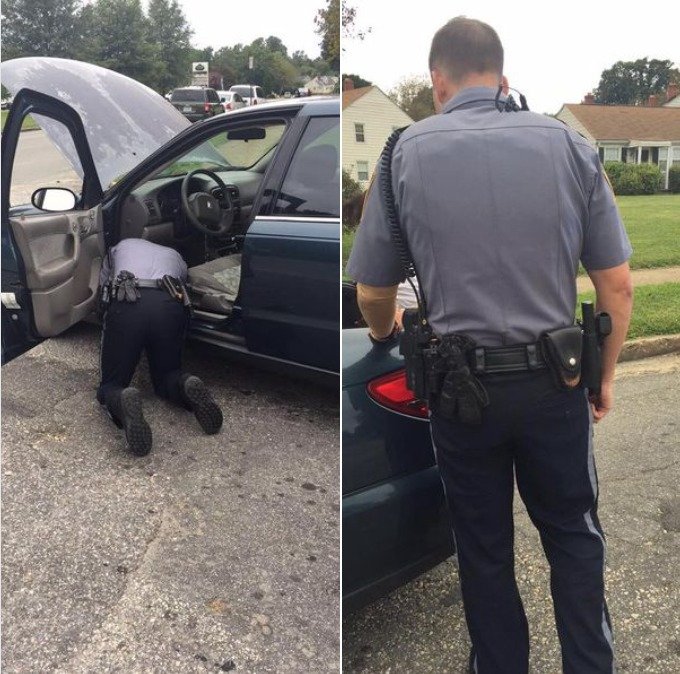The laundromat wasn’t glamorous. Its walls smelled faintly of detergent and damp carpet, the linoleum floor bore stains older than Aaliyah herself, and the hum of old washers droned like tired engines. For most, it was just a place to finish chores.
But for thirteen-year-old Aaliyah Carter, it had become home.
It started the summer of 2007, when her mother Denise began juggling two jobs. Her father had walked out years before, and no matter how many shifts Denise picked up, bills still piled higher than paychecks. Soon, their tiny apartment grew unstable—rent overdue, lights cut, the fridge nearly empty.
Denise, proud and stubborn, hated asking for help. “It’s just temporary,” she told her daughter. But even at thirteen, Aaliyah could read the exhaustion in her eyes.
So every night, when Denise left for her overnight hospital shift, she dropped Aaliyah at the laundromat across the street. “It’s safe there. Bright lights, people coming and going. I’ll pick you up in the morning.”
At first, Aaliyah felt out of place—sitting in the corner with her backpack clutched to her chest, pretending it was just a late-night study session. She folded clothes they had washed earlier, scribbled in her notebook, sometimes dozed off to the hum of dryers. But nights turned into weeks, and soon it wasn’t strange anymore.
It was routine.
The regulars noticed. A delivery man folding uniforms. A mother juggling two kids and a mountain of laundry. College students washing sheets. Each caught glimpses of the same quiet girl with neat braids, small shoulders hunched over a notebook, waiting. Always waiting.
When asked, she’d smile politely: “Just waiting for my mom.”
But one man wasn’t satisfied with that answer.
Sheriff Tom Henderson had worn the badge in their county for over twenty years. He’d seen trouble before it started, spotted danger where others saw none. And night after night, he saw Aaliyah alone in that laundromat.
One chilly October evening, Henderson walked in. The fluorescent lights buzzed, a dryer thumped in the corner, and there she was—curled in a plastic chair, eyes heavy, pencil scratching across a worn notebook.
“Your mom around?”
“She’s working. She’ll be here later.”
Her tone wasn’t defensive. Just practiced. Henderson nodded, bought a soda, and sat nearby. He didn’t push. But he noticed how tightly she clutched her backpack, as if it were armor.
The weeks passed, and Henderson started stopping by. Sometimes he asked about school. Sometimes about her sketches. Piece by piece, the truth unfolded: the laundromat wasn’t for laundry. It was her shelter until her mom’s shift ended.




